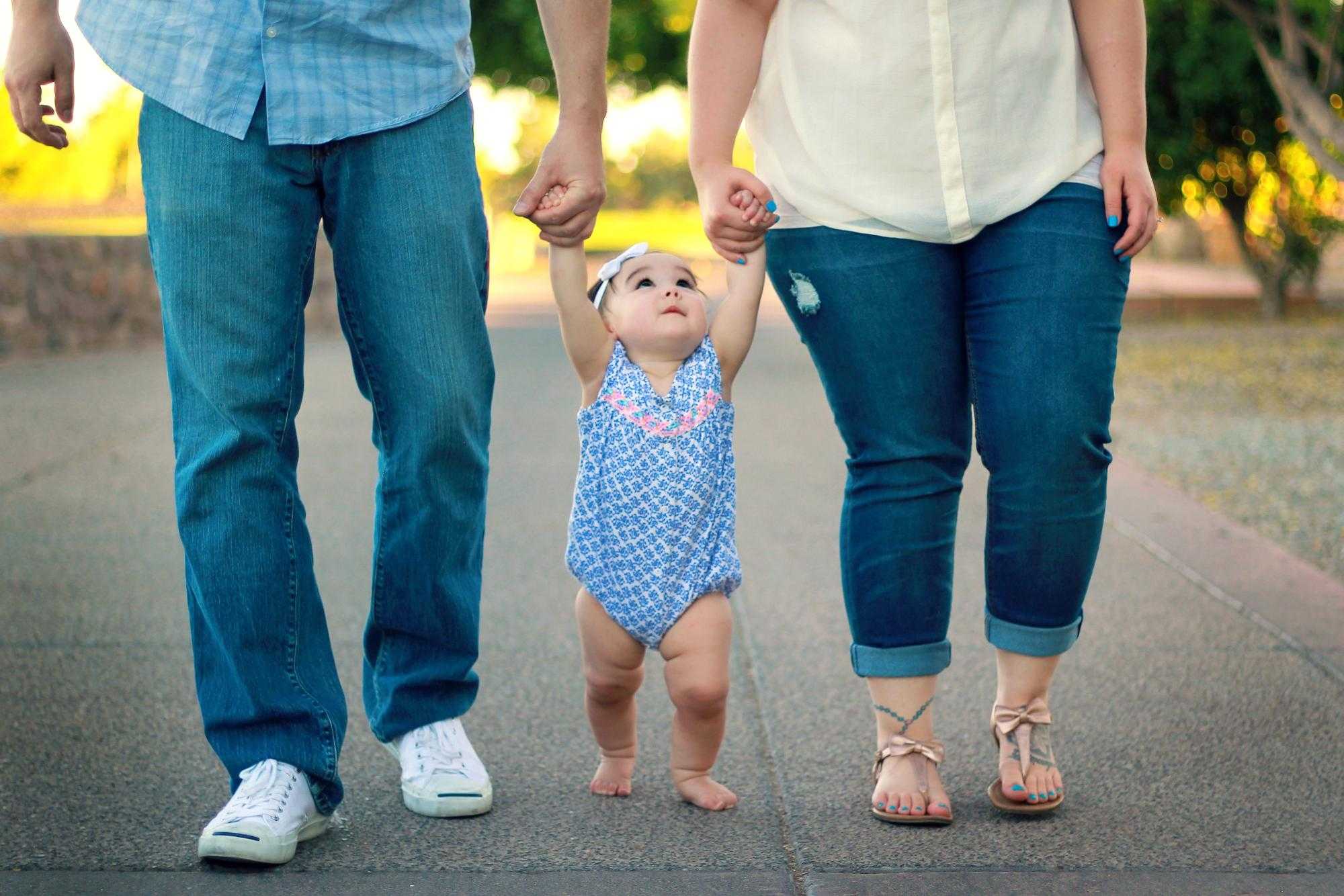The Infallibility of Parents
However many parents you have and however your specific configuration of parents works; and regardless of them being your biological parents or not; you don't get to choose them. They come with a wide range of ability and aptitudes in the field of parenting. They likely got the job without an interview. They probably have no qualifications relevant to the critical areas of parenting, minimal, if any, experience and were unlikely to have had much more than superficial practise before they start. Despite all this, it's their job to ensure your survival until you are old enough to do it on your own. If you are lucky, in addition to ensuring your survival you parent may attempt to teach you how to be a functional human. This lack of experience or qualification is unfortunate; as being a human is both tricky and confusing; and your parents have likely only recently grasped the core concepts themselves.
The idea that they are well equipped to inform someone else about it reliably probably seems ridiculous even to them. What's more, even the things your parents think they know about and have some handle on will keep changing; the number of things there are to know about will keep increasing and so by the time you enter the world what they have managed to tell you may very well not be all that relevant.
Before I got married I had six theories about raising children; now, I have six children and no theories.
If in doubt, claim infallibility
Despite all this uncertainty, your parents are likely to be the first people you encounter who might claim, or at least heavily imply, that they are infallible, that is to say incapable of making mistakes or being wrong. At the very, least assert that in all things they know best.
Mother is the name for God in the lips and hearts of little children.
Infallibility in parents, as with any human, is a dangerous claim.
There are two types of children; those who believe the claims of the parents without question; and those who don't. When a child is told that there is a dangerous monster called electricity living in the plug socket and that the child must never stick a fork into it, the curious sceptical children who mistrust the authority and want to do there own experimenting don't fare so well. Survival, therefore favours those who believe the parents without question, or at least without acting against what the parents have stated.
The most loving parents and relatives commit murder with smiles on their faces. They force us to destroy the person we really are: a subtle kind of murder.
However sage advice about plug sockets might be it also gets mixed up in not-so-sage advice about other things. The same voice that tells them not to run out into the road, or stick a fork in an elictrical socket, also teaches them to be irrationally fearful of spiders in countries where spiders can't hurt you for example, or pass on ill considered political or religious beliefs, incorrect claims past events, superstition and even prejudices and biases. All delivered with the same authoritative tone as the information needed for your survival.
Children have never been very good at listening to their elders, but they have never failed to imitate them.
What did you learn from your parents?
The older you are, the less you will likely feel that your current world view is due to the infallibility of your parents. You have done your own thinking, drawn your own conclusions. But things such as confirmation bias, cherry picking, Out Group homogeneity, and other cognitive biasses make it easy to stick with a position once established. Is it any wonder that, mostly adults share many of the beliefs and perspectives of their parents. Our philosophical apples tend not to fall far from the metaphorical parental tree. So; what did you learn from your parents when you still thought they were infallible?
